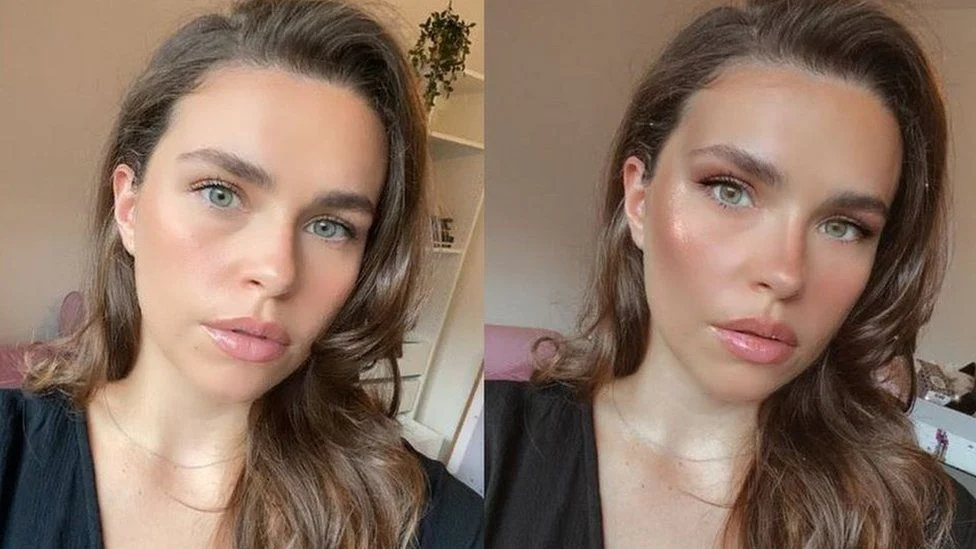The French government is considering a new law that would ban influencers from promoting cosmetic surgery on social media and require them to label filtered or retouched images. The law is intended to protect social media users from the negative psychological effects of these practices.
Under the proposed law, any photo or video that has been filtered or retouched must be declared as such. Additionally, all promotion for cosmetic surgery, gambling, or cryptocurrency as part of a paid partnership would be prohibited. Breaching these regulations could result in fines of up to €30,000 and up to two years of jail time. Offending influencers who are found guilty may also be barred from using social media or continuing their careers on the platforms.
Finance Minister Bruno Le Maire has emphasized that the regulations are not intended to stigmatize influencers, but rather to protect both them and consumers. He has stated that influencers must be subject to the same rules as those that apply to traditional media, and that the internet is not the “Wild West.”
The proposed law would apply to all French influencers, as well as those who live abroad but earn money from sponsoring products sold in France. France is the first European nation to create a comprehensive framework for regulating the influencer sector.
This is not the first time France has sought to increase transparency regarding manipulated images. In 2017, the country passed a law requiring any commercial photos that had been retouched to make a model’s body appear thinner or thicker to be labeled as “photographie retouchée” (retouched photograph).
The introduction of this legislation comes at a time when concerns are increasing over the advanced technology of filters, which are becoming increasingly undetectable. A recent study by Dove found that 50% of girls believe they don’t look good enough without some form of photo editing. However, experts have warned that simply labeling something as retouched or filtered may not necessarily stop viewers from wanting to achieve the look.
A study by the University of Warwick found that flagging models as “enhanced” or “manipulated” actually increases our desire to emulate their appearance. The paper stated that beauty ideals cannot be easily challenged by such interventions, as they are culturally constructed and carry meaning and value.
In conclusion, the proposed law in France is a step towards protecting social media users from the negative psychological effects of manipulated images and paid partnerships promoting cosmetic surgery, gambling, and cryptocurrency. While labeling filtered or retouched images is a positive step, experts caution that it may not be enough to change beauty ideals that are culturally constructed and deeply ingrained.




